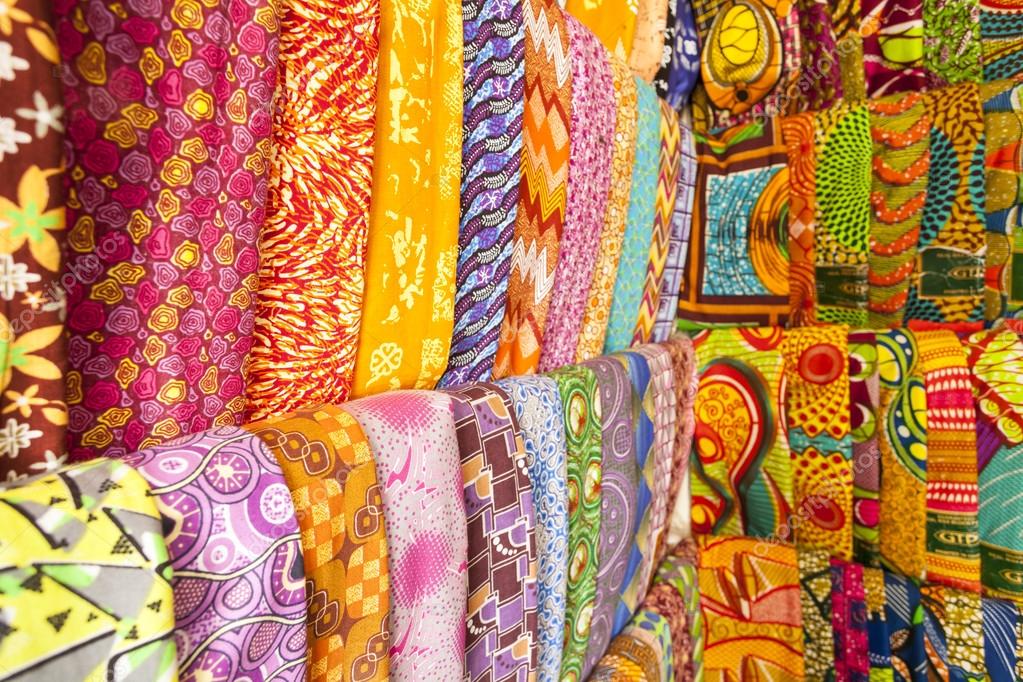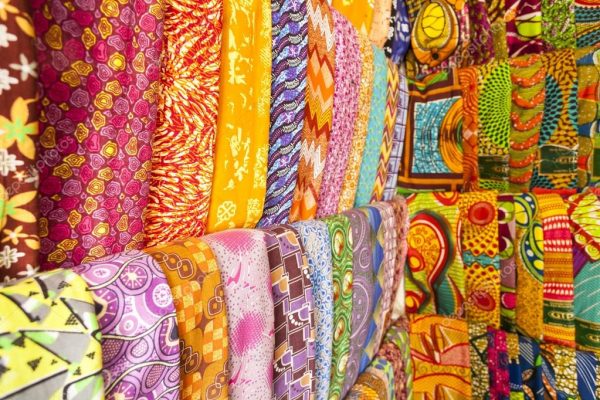Smart fabrics are textiles embedded with technology, such as sensors for health monitoring, temperature regulation, or energy generation. They extend beyond traditional clothing, offering functionalities like communication and transformation. In Nigeria, fashion is deeply rooted in cultural identity, with styles like adire (tie-dye) and aso oke (woven fabric) reflecting heritage. The integration of smart fabrics represents an emerging trend, blending these traditions with technological innovation, as highlighted in recent works/discussions. This article explores the future of smart fabrics in Nigerian fashion, focusing on adoption, cultural and economic implications, and sustainability, drawing from recent sources to provide a comprehensive overview. The piece is grounded in current trends from 2023 to 2025, reflecting the dynamic intersection of technology and fashion in Nigeria.
Read more about Tech
Adoption of Smart Fabrics
The adoption of smart fabrics in Nigerian fashion is in its early stages, with limited but growing examples. Recent reports indicate garments equipped with electronics for better posture and health monitoring, such as fitness-tracking attire, are being explored. Brands like Dye Lab, known for reimagining adire, could potentially incorporate smart textiles, offering modern consumers functional yet culturally resonant clothing. This aligns with 2025 trends, where Nigerian men’s fashion sees creative twists on classics. However, the niche nature of smart fabrics suggests adoption may face barriers, including cost and technological access, particularly given Nigeria’s diverse market.
Register to attend the Connect Nigeria Business Mixer
Cultural and Economic Implications
Culturally, smart fabrics could enhance traditional attire by adding functionality, such as health monitoring during cultural events, reinforcing identity while embracing modernity. Economically, the integration could boost exports, positioning Nigeria as a fashion tech hub. This could attract investment, create jobs, especially for youth, and align with the country’s tech-driven economy, as noted in recent analyses. For instance, fashion tech startups could emerge, leveraging e-commerce to reach global markets, potentially transforming the industry. However, challenges like financial constraints and technological literacy may slow progress, requiring government and private sector support to scale.
Sign up for the Connect Nigeria daily newsletter
Sustainability and Innovation
Sustainability is a critical aspect of smart fabrics’ future in Nigerian fashion. The focus is on eco-friendly materials for temperature regulation, reducing waste, and addressing climate challenges, as seen in global fashion trends. Nigerian startups could lead by developing biodegradable smart textiles, ensuring fashion remains culturally resonant while competitive globally. This innovation could balance tradition with environmental responsibility, aligning with efforts like the African Development Bank’s Fashionomics Africa contest, though specific smart fabric initiatives remain nascent. The rise of fashion tech startups, as noted, suggests potential for growth, particularly in e-commerce platforms, fostering a sustainable future.
Got a suggestion? Contact us: [email protected]
Challenges and Opportunities
The limited online coverage suggests smart fabrics in Nigerian fashion are an emerging field, with opportunities for innovation but challenges in adoption. Financial barriers, technological access, and the need for skilled labor could hinder progress, yet the potential for cultural enhancement and economic growth is significant. Future research could explore government policies to support fashion tech, ensuring inclusivity and scalability.
Conclusion
Smart fabrics offer Nigerian fashion a chance to merge heritage with innovation, fostering economic growth and cultural resonance, though adoption requires overcoming technological and financial barriers. This article, based on current trends, underscores the potential for a vibrant, tech-driven future.


